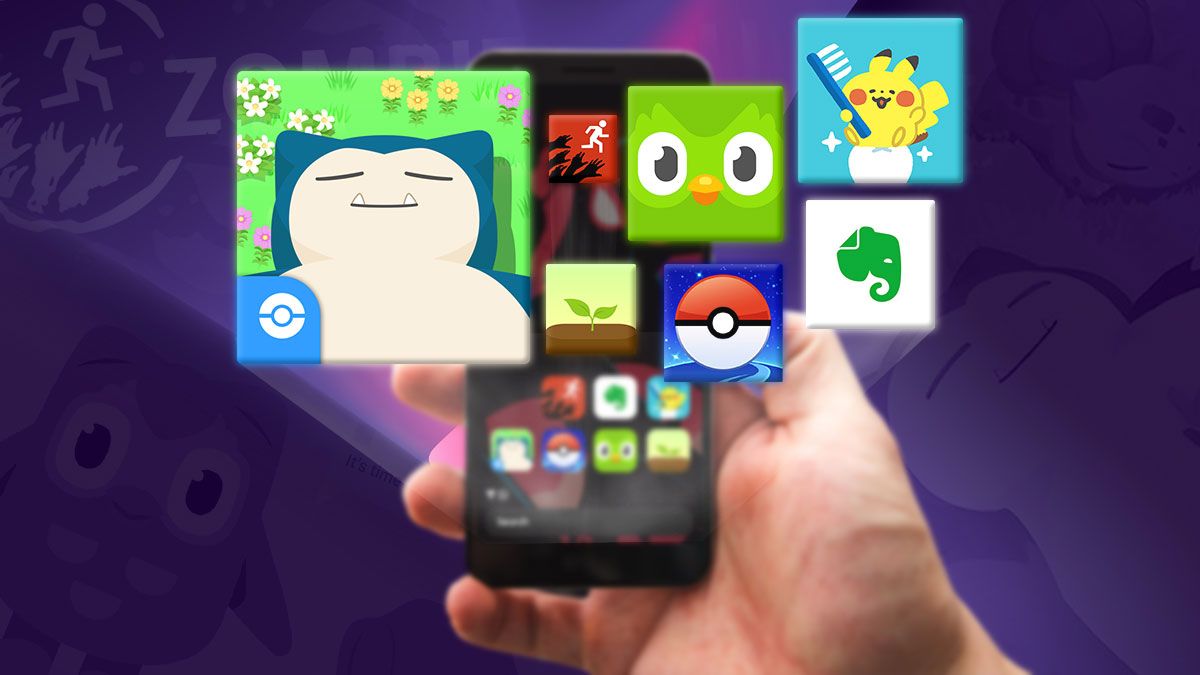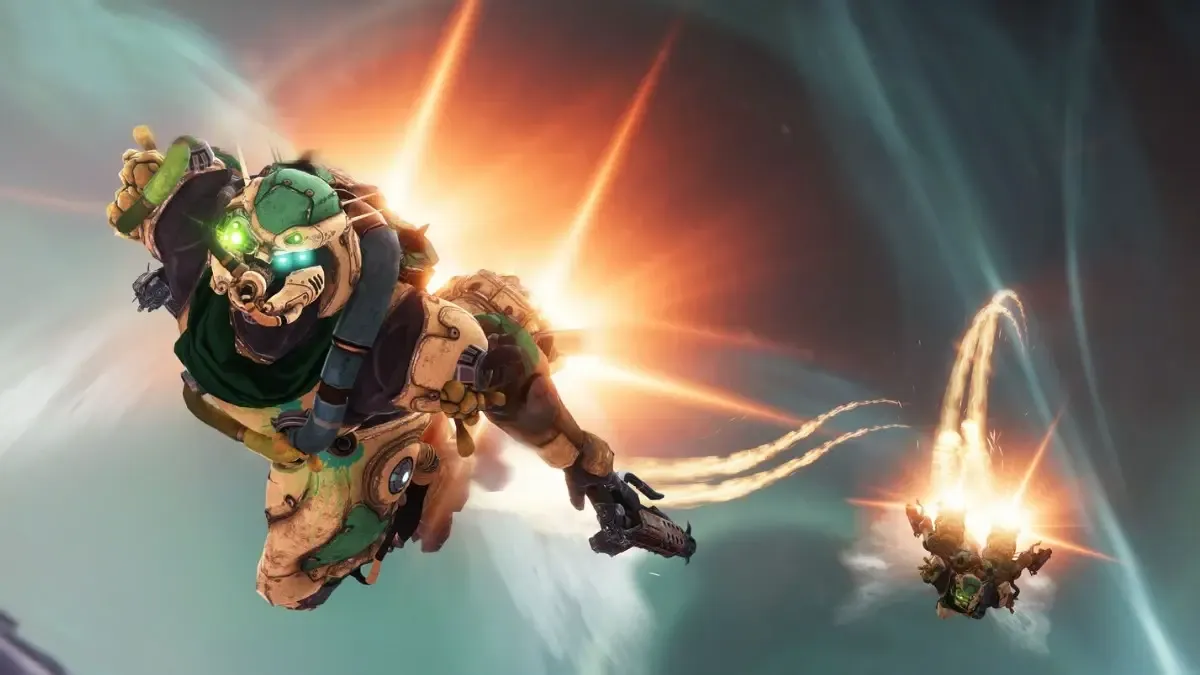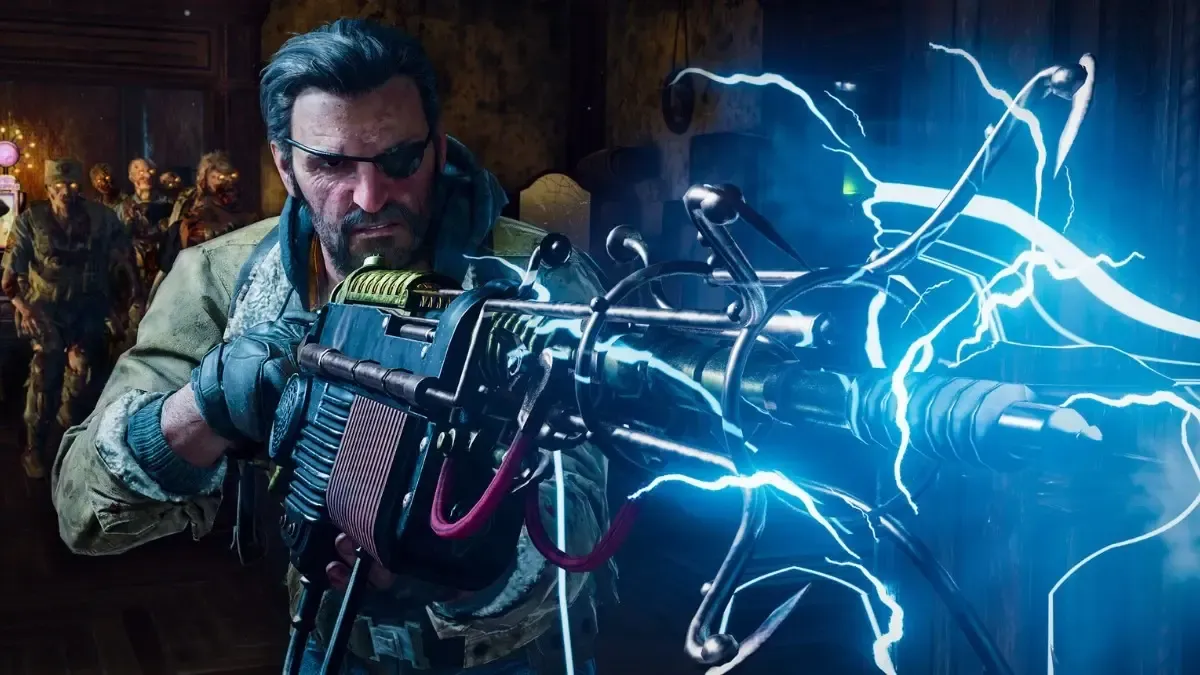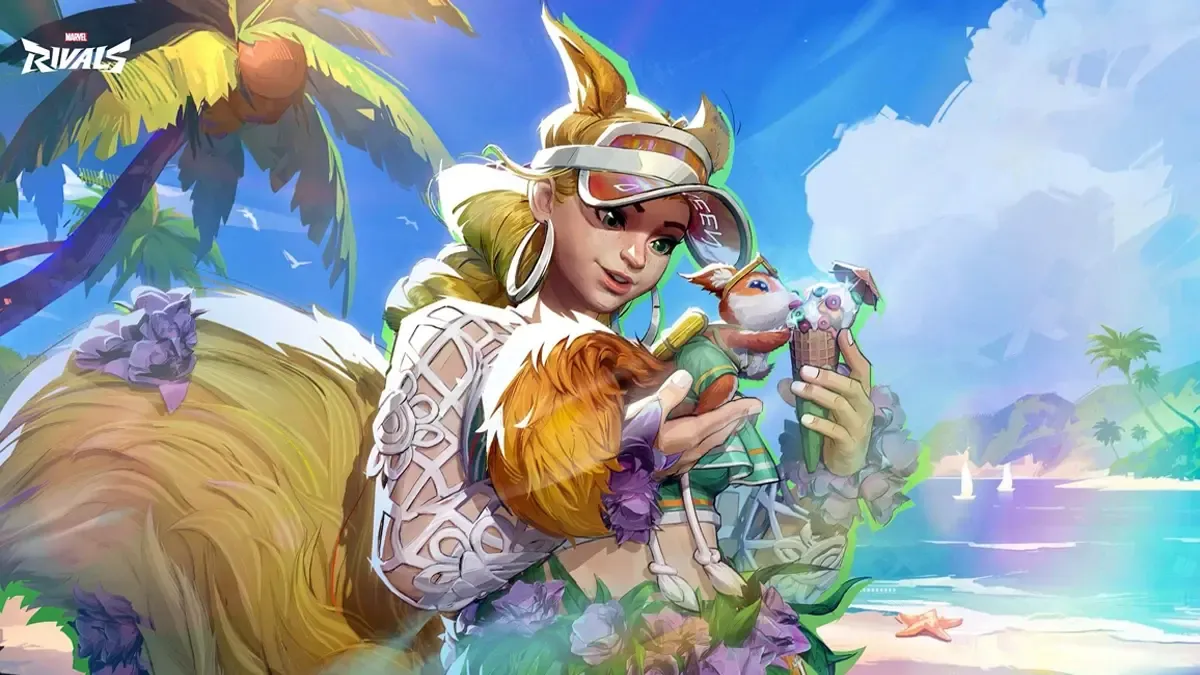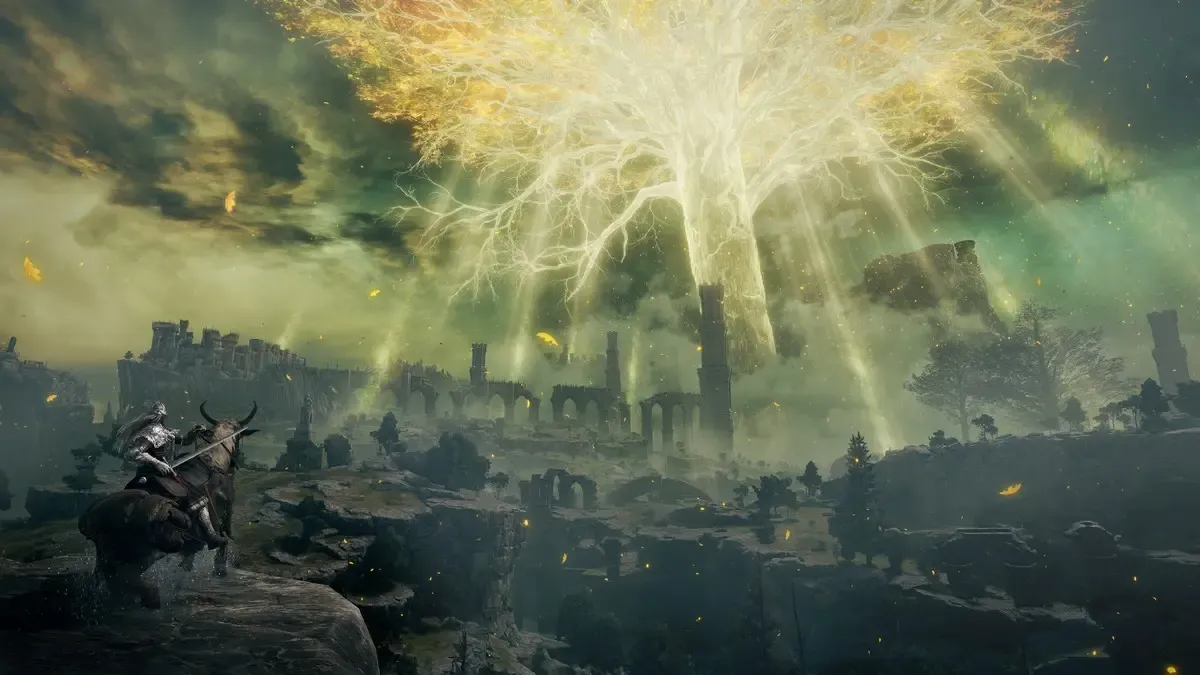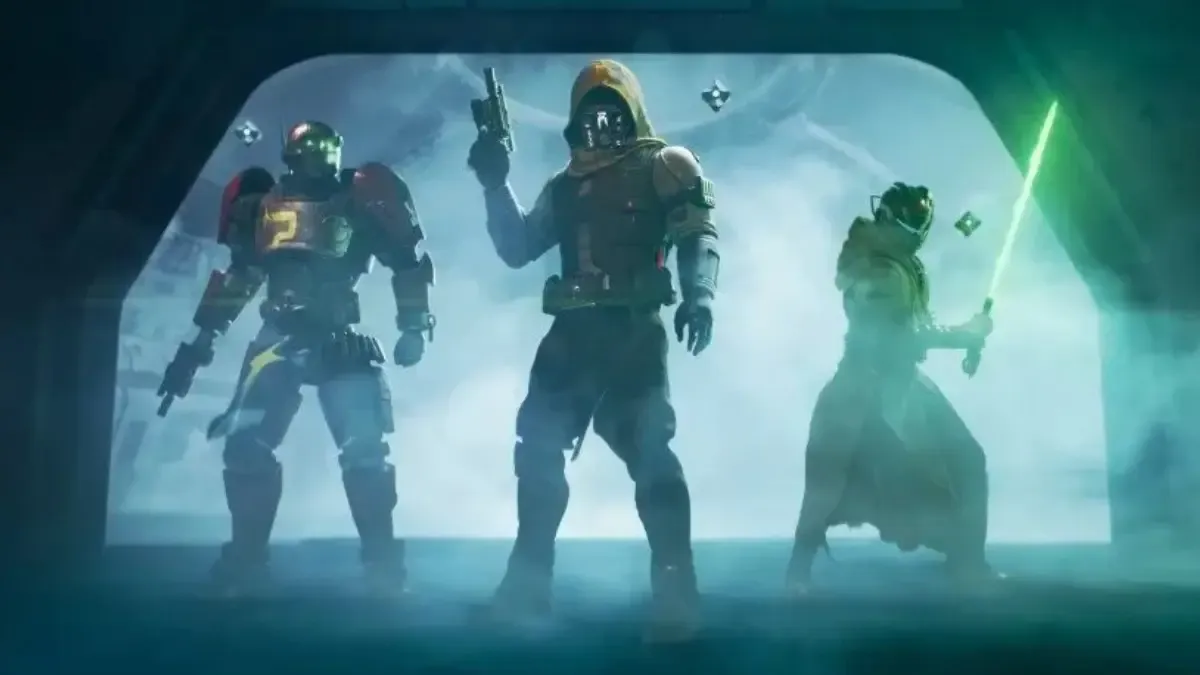Apps like Duolingo and Pokemon Sleep are gamifying the lives of their users, but is that such a bad thing?
Being human is hard work. There’s so much maintenance involved in our own personal welfare, providing that we have the mental energy to even go about it. What people find difficult can vary, too: for some, it might be hard to remember to stay hydrated throughout the day. For others, it can be hard to get the right amount of sleep everyday without being caught up in the million other things that need to be done.
A long time ago, a more organised way of living involved physical alarm clocks, hand-written timetables and sticky notes on the fridge. Today, things are markedly different - app developers have jumped on the opportunity to turn every aspect of our lives into minigames that offers rewards for completing menial tasks. Pokemon Sleep, for example, rewards you for healthy sleeping habits. Duolingo rewards you for picking up new languages. Apps that gamify our daily lives have become more prevalent with every passing year, pushing us towards healthy living in ways that would boggle the minds of our grandparents decades ago.
But are these apps good for us? And more importantly, do they even work that well?
Anything can be a videogame with the right attitude
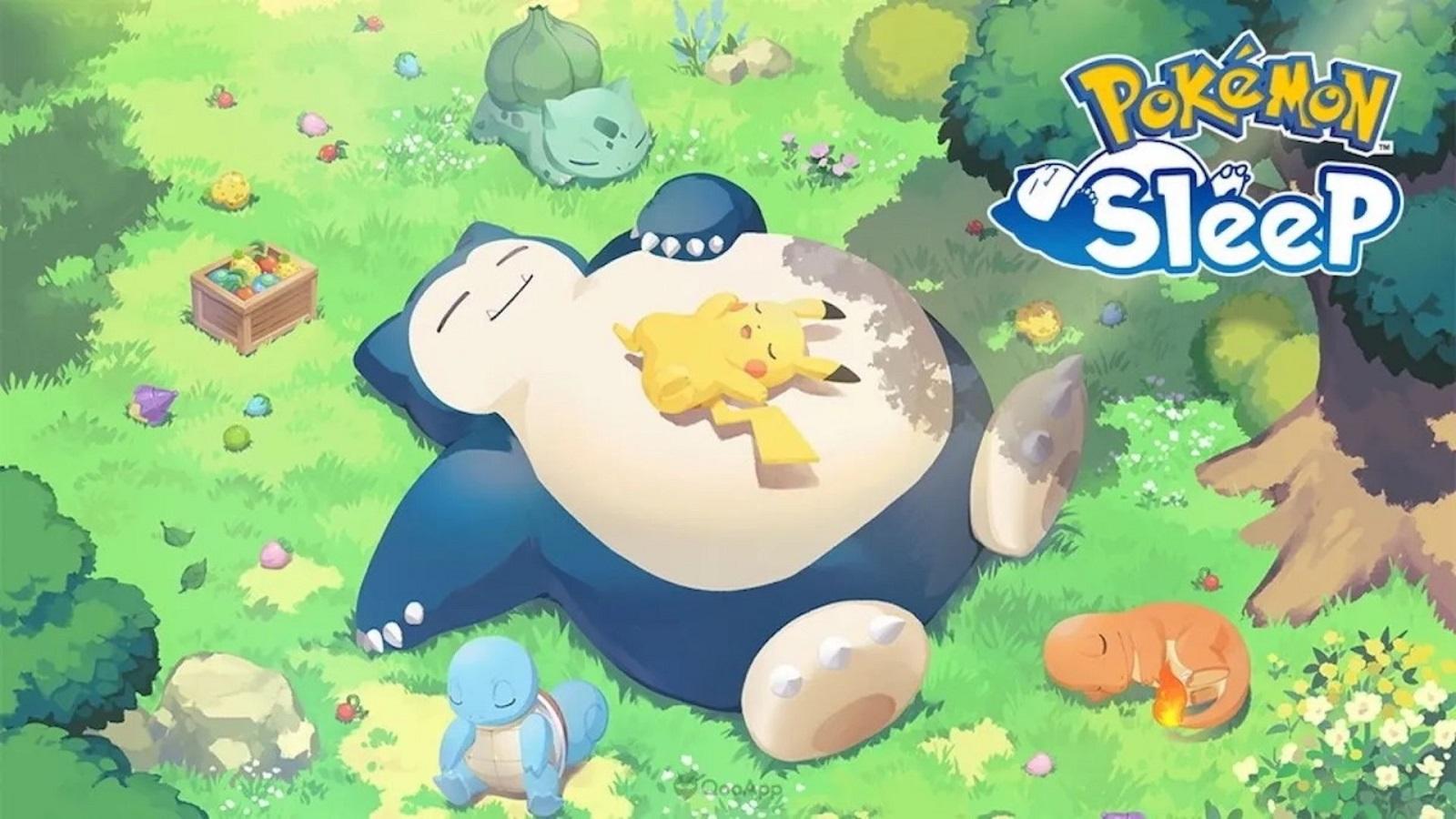
Mobile phones are portable gadgets of productivity - just look at the Blackberry as a short-lived example of how much these devices can live or die based on the convenience they provide. Sure, cameras and processors are essential today, but how would you fare without something so simple as a calendar app? App developers have three basic avenues of profitability on a mobile platform: make it social, make it fun or make it necessary. The most addictive apps we have installed tend to fall into a different category: all of the above.
Duolingo is a brilliant example of a productivity app disguised as a videogame. Personally, I’m planning to visit South Korea at some point - and my poor attempts at picking up the language have become a daily part of my life thanks to this owl app. Daily language exercises earn me Snapchat-like 100-day streaks to show off, and points earned from pursuing multiple exercises allow me to rise up online leaderboards. Learning apps are commonplace today, but Duolingo is ahead of the pack and it’s easy to see why. Picking up a new language can be a scary commitment, but you know what’s not scary? Playing just five minutes of a mobile game every single day.
These apps exist, and you're already using them
Like vegetables cooked into stew or pills hidden in pet treats, everyday tasks can be made more appealing when they’re repackaged to look like something else. Sticky notes remind you of the menial tasks you have left to tick off, but apps like Todoist accomplish the same thing while adding in daily streaks, progress bars and more ways to add self-competition to productivity. SuperBetter takes aim at mental health, giving you daily tasks like checking in with friends and reflecting on your innermost thoughts to practice self-care. Mental health: gamified. Who would’ve thought?
Videogames are fun because they require an additional level of engagement beyond passive viewership. Some games consume a lot more time and energy than others - a fast-paced game like VALORANT hits a very different note compared to a cutscene-heavy RPG like Final Fantasy 16, for example. Gamification leans on the idea that by adding videogame mechanics to simple tasks, a level of player consequence is established that wasn’t there before. If you don’t sleep well while using Pokemon Sleep, the next-day consequences are not just physical, but virtual. You wanted more Pokemon to pop up in the morning? Too bad - you didn’t take care of yourself well enough. Do better tomorrow.
The same outcome applies to straightforward productivity apps like Strava for running, which gives you statistics and relevant data after every workout. Working out is a little more fun when you have all this data to look forward to later, and the app is only relevant because of that hunger for self-improvement. Introducing game mechanics to running - like Zombies, Run! - and you accomplish the same thing in a very different way. You’re running to get away from zombies now, but you’re still running and that’s the point.
An article about Foursquare by Jordan Frith posits that apps like these essentially combine the physical and digital layers of information we interact with: “[...] individuals interact with a digital layer of information that, in a sense, becomes inseparable from their experience of the physical, contributing to the formation of hybrid spaces.” Theoretically, the formation of these ‘hybrid spaces’ - where virtual apps and real-life activities meet - is what every gamified app must achieve to be successful. At that point, users aren’t pursuing tasks just to complete them, they’re also pursuing tasks for a virtual rewards system.
Verdict

Everything we do can and will be gamified, and that’s not always a good thing. Most often, gamification happens in the best interests of a corporation rather than their users - take the silly little stamp cards (the original battle passes, let’s be honest) cafes and grocery stores give out as an example, or the way Pokemon Go collects massive amounts of location data from its players globally. Gamification, much like cryptocurrency, seems to be a word most often used by those who profit from it.
In the article Rethinking Gamification, Sebastian Deterding acknowledges criticism of the concept: “Should we not empower people to reflect on and self-regulate their own conduct, rather than making them ever more dependent on technological environments “nudging” them?” However, he also writes that, “thinking, learning and acting always already involve tools,” and gamification only, “improves the tools at our disposal.” He has a point, too. What’s the difference between Todoist and real-life sticky notes? The difference lies in whichever one you like better.
Some of us might not need apps like Sleep Cycle to get through the day, but others have insomnia, difficult working schedules and active lifestyles that require rest. The extent to which your life can be gamified depends on what you could use help with. Do you need to exercise? Pokemon Go. Do you have trouble focusing? Try Forest. Want to pick up coding? Codecademy Go. There really is an app for everything these days, and they can be as heightened or dressed-down as you want. There is no right or wrong way to pursue gamification; if it helps you live better, its existence is already justified.

